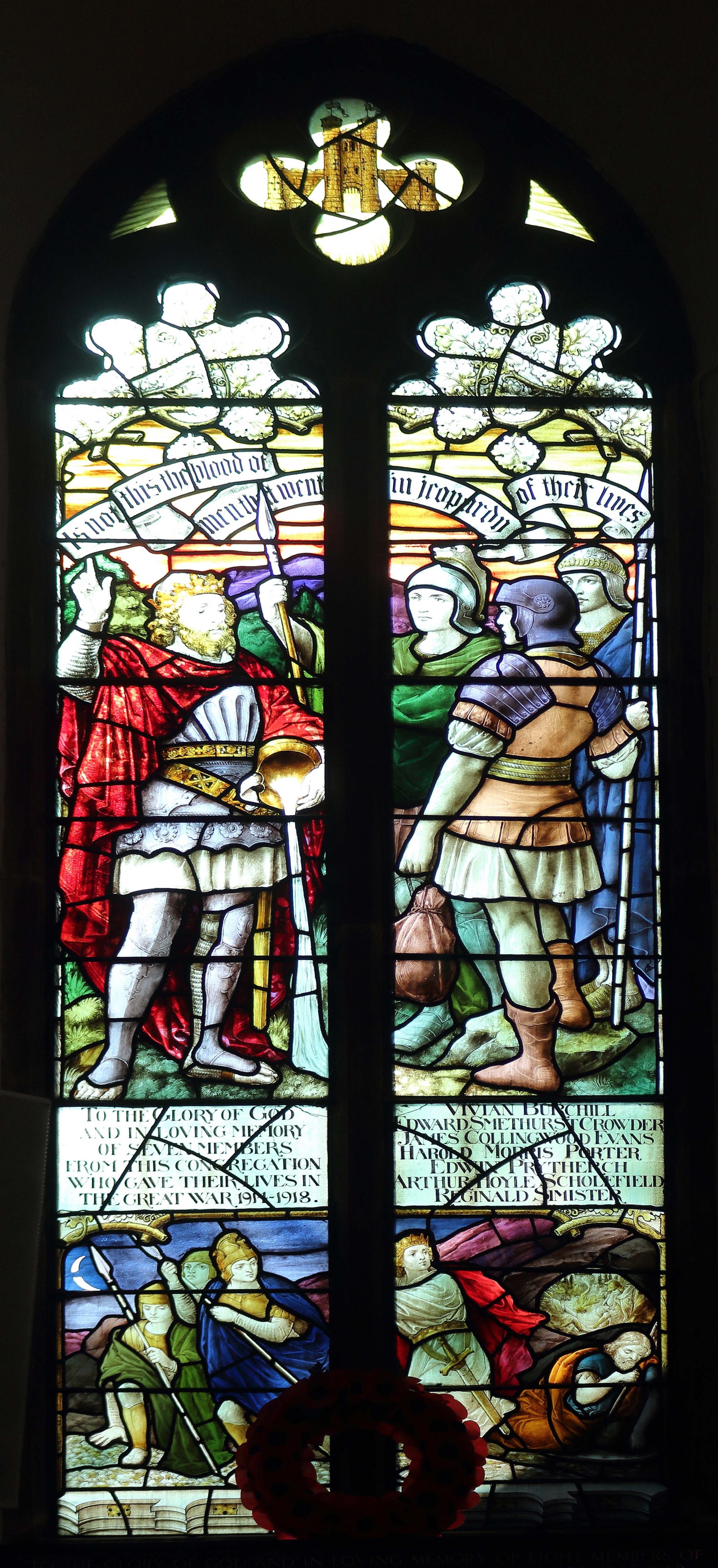|
Jashobeam
Jashobeam (; he, יָשָׁבְעָם, ''Yāšoḇəʻām''; la, Iēsbaam, whence English Jesbaam or Jesbaham; 10th or 9th century BC), also called Josheb-Basshebeth (; יֹשֵׁב בַּשֶּׁבֶת, ''Yōšēḇ Baššeḇeṯ''; some Septuagint manuscripts "Ish-Bosheth") and possibly Adino the Eznite (; עֲדִינֹו, ''ʻAdīnō''), was chief of the Three Mighty Warriors,2 Sam. 23:81 Chron. 11:11 and an officer appointed under King David in charge of the first division of 24,000 men, on duty for the first month of the year, according to the list given in 1 Chronicles 27.1 Chron. 27:2 Jashobeam was a Benjamite from Hakmon (he is variously called a "Hakmonite" or "Tahkemonite"). His father was Zabdiel, a descendant of Korah. He was also a descendant of Pharez of the Tribe of Judah. Biblical narrative Jashobeam was renowned in the Kingdom of Israel for having singlehandedly killed several hundred troops with his spear (800 according to Samuel, 300 according to Chronic ... [...More Info...] [...Related Items...] OR: [Wikipedia] [Google] [Baidu] |
David's Mighty Warriors
David's Mighty Warriors (also known as David's Mighty Men or the Gibborim; ''hagGībōrīm'', "The Mighty Ones") are a group of 37 men in the Hebrew Bible who fought with King David and are identified in , part of the "supplementary information" added to the Second Book of Samuel in its final four chapters. The International Standard Version calls them "David's special forces". A similar list is given in 1 Chronicles 11:10–47 but with several variations, and sixteen more names. The text divides them into the "Three", of which there are three, and "Thirty", of which there are more than thirty. The text explicitly states that there are 37 individuals in all, but it is unclear whether this refers to The Thirty, which may or may not contain The Three, or the combined total of both groups. The text refers to The Three and The Thirty as though they were both important entities, and not just an arbitrary list of three or 30-plus significant men. Some textual scholars regard the p ... [...More Info...] [...Related Items...] OR: [Wikipedia] [Google] [Baidu] |
